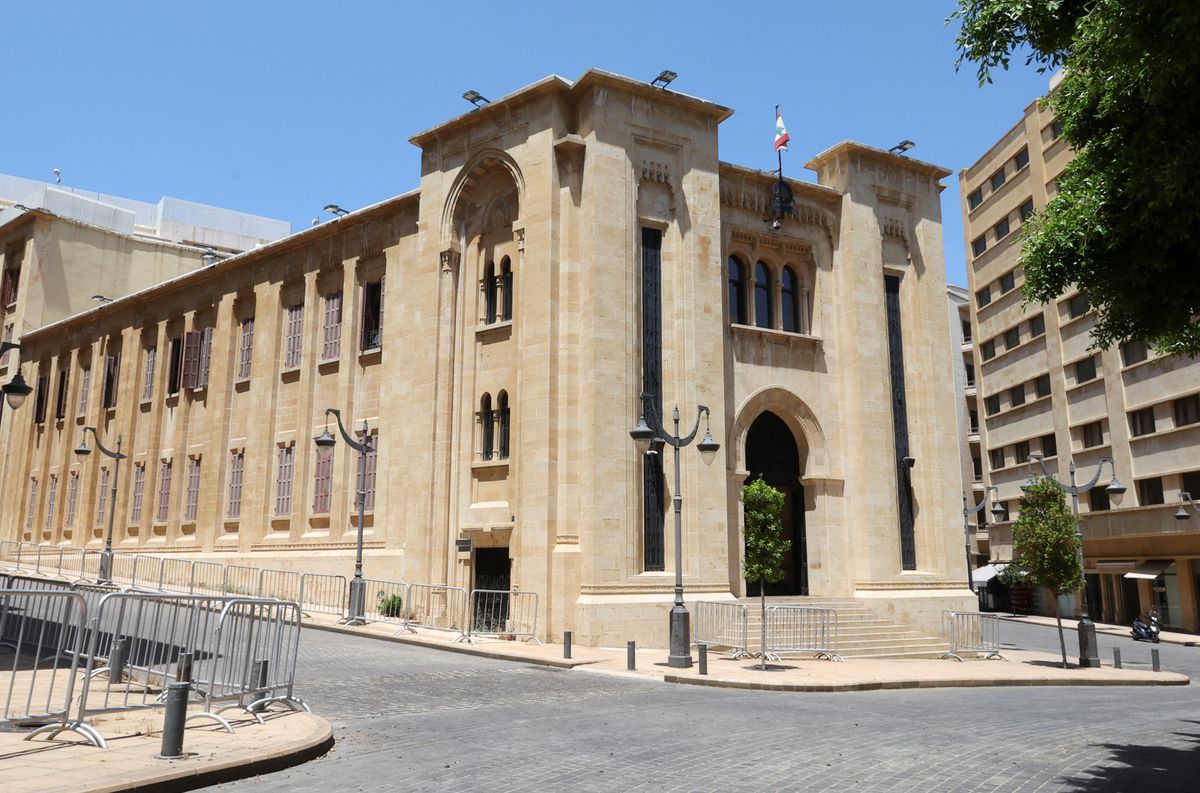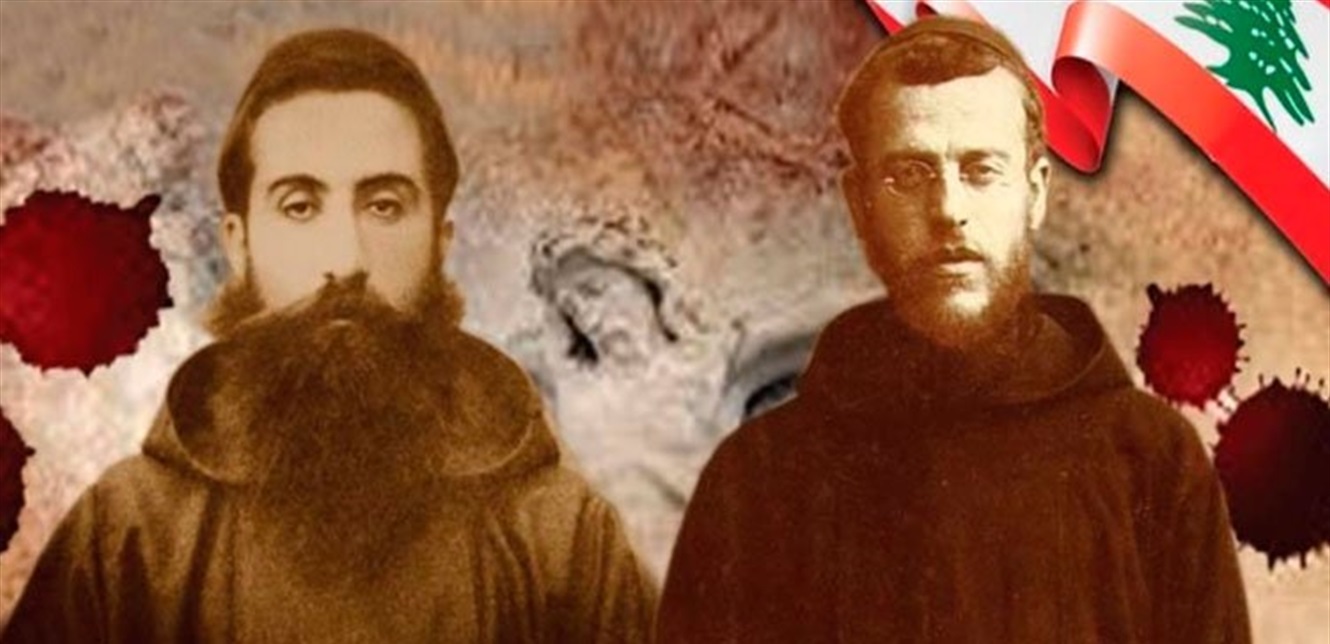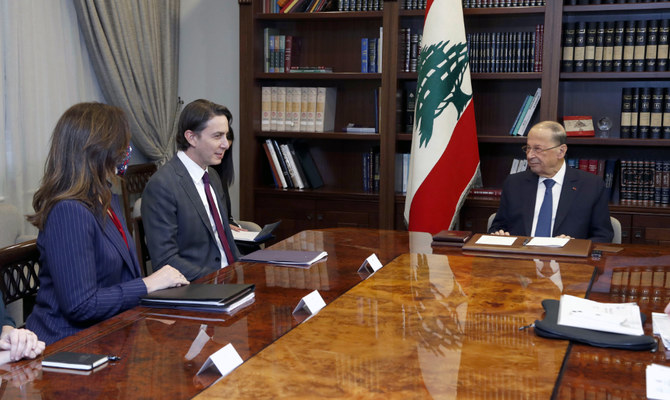
by arabnews -- RIYADH: Lebanese-based super app Toters raised $15 million in a series B funding round from International Finance Corporation, March Holding, and B&Y Ventures. The company began as a food delivery platform before transforming into a super app that offers several services including payment and financial transactions. Toters will use its newly acquired funds to strengthen its presence in current markets as well as expand its operations in Iraq, according to Wamda.
by restofworld -- Amim Khalfa co-founded Toters in 2017. The Beirut-based delivery startup delivers groceries, food, and convenience products for more than 2,000 partner stores, including restaurants, pharmacies, and electronic stores in Lebanon and Iraq. The Syrian-born, Saudi-raised Canadian entrepreneur and former Nortel and Ericsson systems engineer shifted to management consulting in 2011, where he met his co-founder Nael Halwani. This week, Toters raised more than $15 million in series B funding from International Finance Corp. (IFC), March Holding, and BY Venture Partners. It had previously raised over $5 million in two previous rounds.
What made Lebanon the right environment to launch Toters? Why expand to Iraq? We started with Lebanon because it is the leading food and beverage center in the Middle East. Eventually, in Iraq, we also had to cater for and solve for things like cash on delivery, a lack of road infrastructure in some places, also intermittent connectivity, and hyperinflation, in the case of Lebanon. Investors in the past have had risk aversion towards countries that have a challenging macroeconomic and political profile. Eventually, every VC that would look at Toters would be like, “You know what? You guys have world-class economics.”

By alaraby -- The parliamentary election on 15 May in Tripoli was very open. In that huge port city with its 80% Sunni Muslim population and its Greek Orthodox, Maronite and Alawite minorities, three major figures who have dominated the political horizon since the end of the nineties were no longer in the running. Saad Hariri, former Prime Minister whose party had taken most seats in the last election (2018), decided to withdraw from politics. Najib Mikati, the current Prime Minister chose not to seek re-election and backed a party which managed to elect only one candidate.
Another local heavyweight, Mohammad Safadi, also threw in the towel. While parliament had appointed him Prime Minister in the wake of the protest movement which had rocked the country at the end of 2019, angry crowds had forced him to turn the office down. "In that huge port city with its 80% Sunni Muslim population and its Greek Orthodox, Maronite and Alawite minorities, three major figures who have dominated the political horizon since the end of the nineties were no longer in the running"
The defeat of the Karami “heir apparent”
As for Faisal Karami, sole survivor of one of Tripoli’s oldest political families, he lost his seat in this election. Yet one of his campaign arguments was his family’s rich history on the Lebanese political scene since the nineteen-twenties. His grandfather, Abdel Hamid Karami, was an early leader of the local resistance to the French mandate. Allied with the Syrian nationalists, he was an architect of the country’s independence and became Prime Minister in 1945. His uncle Rachid was elected to that office ten times before his assassination in 1987. Faisal’s father, Omar, who took up the torch, was long considered “a puppet of the Syrians” as was Faisal himself, elected to parliament in 2018.

Rome Newsroom - By Courtney Mares -- / (CNA). Two Catholic priests martyred under the Ottoman Empire were beatified in Lebanon over the weekend. Father Leonard Melki and Father Thomas Saleh were Capuchin friars and missionaries in what is now Turkey who were arrested, tortured, and martyred by the forces of the Ottoman Empire in 1915 and 1917 respectively. Melki was given a choice: convert to Islam and be freed, or die as a Christian. Refusing to apostatize, the Lebanese priest was forced to march with more than 400 Christian prisoners into the desert, where he was killed “in hatred of the faith” on June 11, 1915. Saleh was arrested and sentenced to death after giving shelter to an Armenian priest during the Armenian genocide. Before his death, he said, “I have full trust in God, I am not afraid of death,” according to the Capuchin Order in Lebanon.
Cardinal Marcello Semeraro, the prefect of the Dicastery for the Causes of Saints, presided over the outdoor beatification Mass on the evening of June 4 at the Convent of the Cross in Jal el Dib, outside of Lebanon’s capital, Beirut. “Humanly, they are victims,” Semeraro said. “They are victims of a wave of hatred that on several occasions swept through the late Ottoman Empire and was intertwined with the tragic events of the persecution against the entire Armenian people and the Christian faith.” “If humanly, I said, they were victims, in the perspective of the Christian faith they were victors,” he added.

By Bassam Mroue -- BEIRUT (AP) — The Lebanese government invited on Monday a U.S. envoy mediating between Lebanon and Israel over their disputed maritime border to return to Beirut as soon as possible to work out an agreement amid rising tensions along the border. The invitation for Amos Hochstein, a senior adviser for energy security at the U.S. State Department, came a day after Israel set up a gas rig at its designated location at the Karish field, which Israel says is part of its U.N.-recognized exclusive economic zone. Lebanon insists it is in a disputed area. The U.S.-mediated indirect talks between Lebanon and Israel have been stalled for months amid disagreement within Lebanon over how big the disputed area is.
Lebanon is home to the heavily armed militant Hezbollah group, which is backed by Iran and has fought several wars with Israel. Hezbollah has also warned it would use its weapons to protect Lebanon’s economic rights. On Sunday, Lebanon warned Israel not to start drilling in the Karish field and President Michel Aoun said maritime border negotiations have not ended, adding that any move by Israel will be considered “a provocation and hostile act.” Aoun’s office said Lebanon formally notified the United Nations in February that Karish is part of the disputed area and that the U.N. Security Council should prevent Israel from drilling there in order “to avoid steps that could form a threat to international peace and security.”
Khazen History


Historical Feature:
Churches and Monasteries of the Khazen family

St. Anthony of Padua Church in Ballouneh
Mar Abda Church in Bakaatit Kanaan
Saint Michael Church in Bkaatouta
Saint Therese Church in Qolayaat
Saint Simeon Stylites (مار سمعان العامودي) Church In Ajaltoun
Virgin Mary Church (سيدة المعونات) in Sheilé
Assumption of Mary Church in Ballouneh
1 - The sword of the Maronite Prince
2 - LES KHAZEN CONSULS DE FRANCE
3 - LES MARONITES & LES KHAZEN
4 - LES MAAN & LES KHAZEN
5 - ORIGINE DE LA FAMILLE
Population Movements to Keserwan - The Khazens and The Maans
ما جاء عن الثورة في المقاطعة الكسروانية
ثورة أهالي كسروان على المشايخ الخوازنة وأسبابها
Origins of the "Prince of Maronite" Title
Growing diversity: the Khazin sheiks and the clergy in the first decades of the 18th century
Historical Members:
Barbar Beik El Khazen [English]
Patriach Toubia Kaiss El Khazen(Biography & Life Part1 Part2) (Arabic)
Patriach Youssef Dargham El Khazen (Cont'd)
Cheikh Bishara Jafal El Khazen
Patriarch Youssef Raji El Khazen
The Martyrs Cheikh Philippe & Cheikh Farid El Khazen
Cheikh Nawfal El Khazen (Consul De France)
Cheikh Hossun El Khazen (Consul De France)
Cheikh Abou-Nawfal El Khazen (Consul De France)
Cheikh Francis Abee Nader & his son Yousef
Cheikh Abou-Kanso El Khazen (Consul De France)
Cheikh Abou Nader El Khazen
Cheikh Chafic El Khazen
Cheikh Keserwan El Khazen
Cheikh Serhal El Khazen [English]
Cheikh Rafiq El Khazen [English]
Cheikh Hanna El Khazen
Cheikha Arzi El Khazen
Marie El Khazen